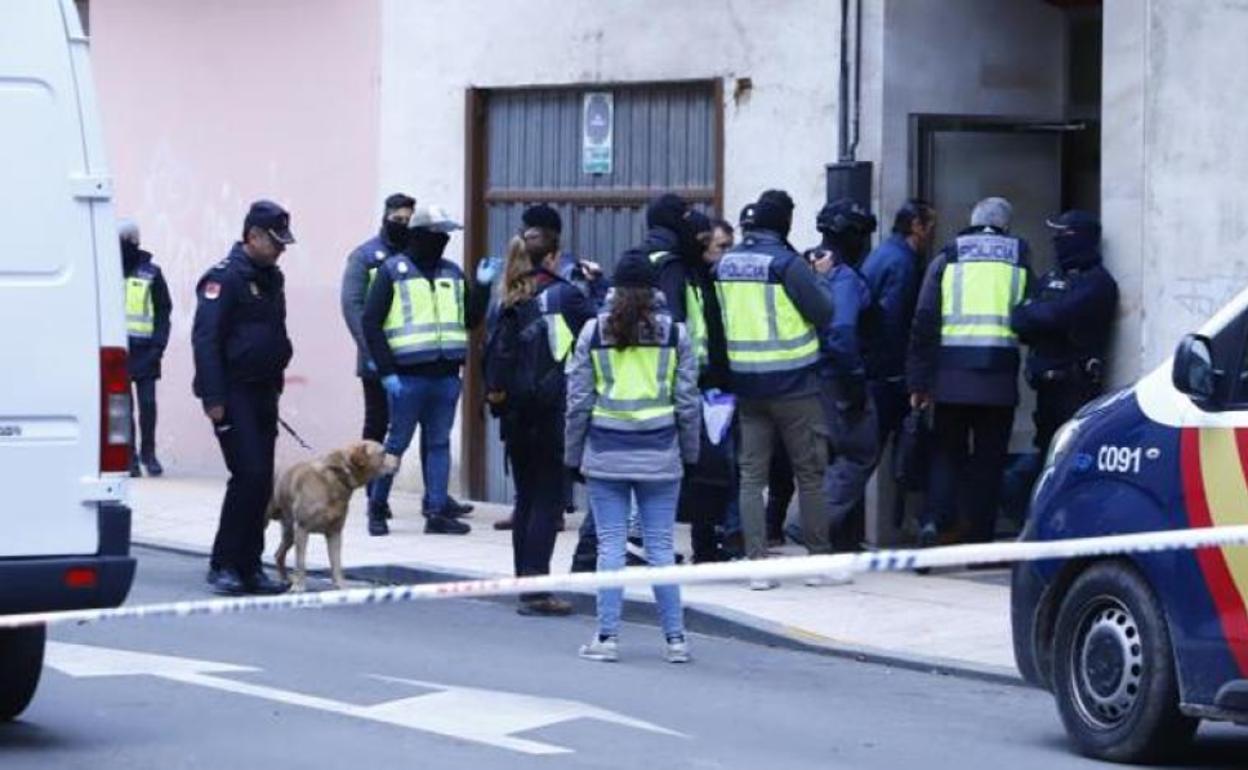Spain’s letter bomber was not a Kremlin spy but a pensioner from Burgos
Spanish police have arrested a septuagenarian, "nostalgic" for the USSR, for sending letter bombs to prime minister Sánchez and various embassies
MELCHOR SÁIZ-PARDO
MADRID.
Friday, 27 January 2023, 11:17
The person behind the recent spate of letter bombs in Spain was not a Kremlin spy, as the US secret services claimed, but a retired man from Burgos, who was “nostalgic” for the former USSR and a fan of online conspiracy theories.
On Wednesday, members of the provincial Intelligence Brigade of Madrid arrested a septuagenarian Spanish national in the town of Miranda de Ebro, Burgos, for allegedly sending six envelopes with pyrotechnic material that were intercepted in different institutions, including La Moncloa, between the end of November and the beginning of December.
The 74-year-old suspect, P.G.P., who has no criminal record, was a civil servant in Vitoria town hall until 2013. He had previously held a post with the Basque health service, Osakidetza.
The man, who has kept the security forces on tenterhooks for two months, was arrested in the middle of the street as part of Operation Konvert. Officers from the Tedax bomb disposal unit and forensic police, accompanied by the detainee and with the help of dogs trained to detect explosives, searched the home, where he lived alone, in Calle Clavel in La Charca, Miranda de Ebro.
The officers, who also searched his vehicle parked in the street for evidence, are convinced that the explosive devices were made in his house. Material was found in the house to make more letter bombs, which, according to investigators, the arrested man was intending to send imminently.
Police officials believe that he acted alone and in a self-taught manner, although it has not yet been ruled out that third parties knew or helped him.
"He was a very active person on social networks and has technical knowledge and computer skills," said the commanders of the anti-terrorist services.
They have not found any link between the arrested man and Russian espionage, as suggested by the US secret services, according to The New York Times this week, which quoted sources from the US administration. The newspaper claimed that behind the explosive devices was the Russian Imperial Movement, a far-right group with members, associates and infrastructure throughout most of Europe and also in Spain, which was allegedly sponsored by the Kremlin.
According to counter-terrorism officials, P.G.P., is "nostalgic" for the former Soviet Union and is an internet follower of well-known alternative information channels, which praise the Russian offensive and Putin's figure, while criticising Western countries.
At its inception, the police focused their investigations on a resident of Castilla y León, since the letters arrived, from a neighbouring province, at the Correos logistics centre in Valladolid, from where they were forwarded to their destinations. Now the investigation has confirmed that all the letters were sent from Burgos.
The first of the mailings took place on 24 November and was addressed to Pedro Sánchez. The letter was detected by the Presidency's security services, but the Interior Ministry did not disclose the discovery until it became known that it was part of a wider campaign of letters.
